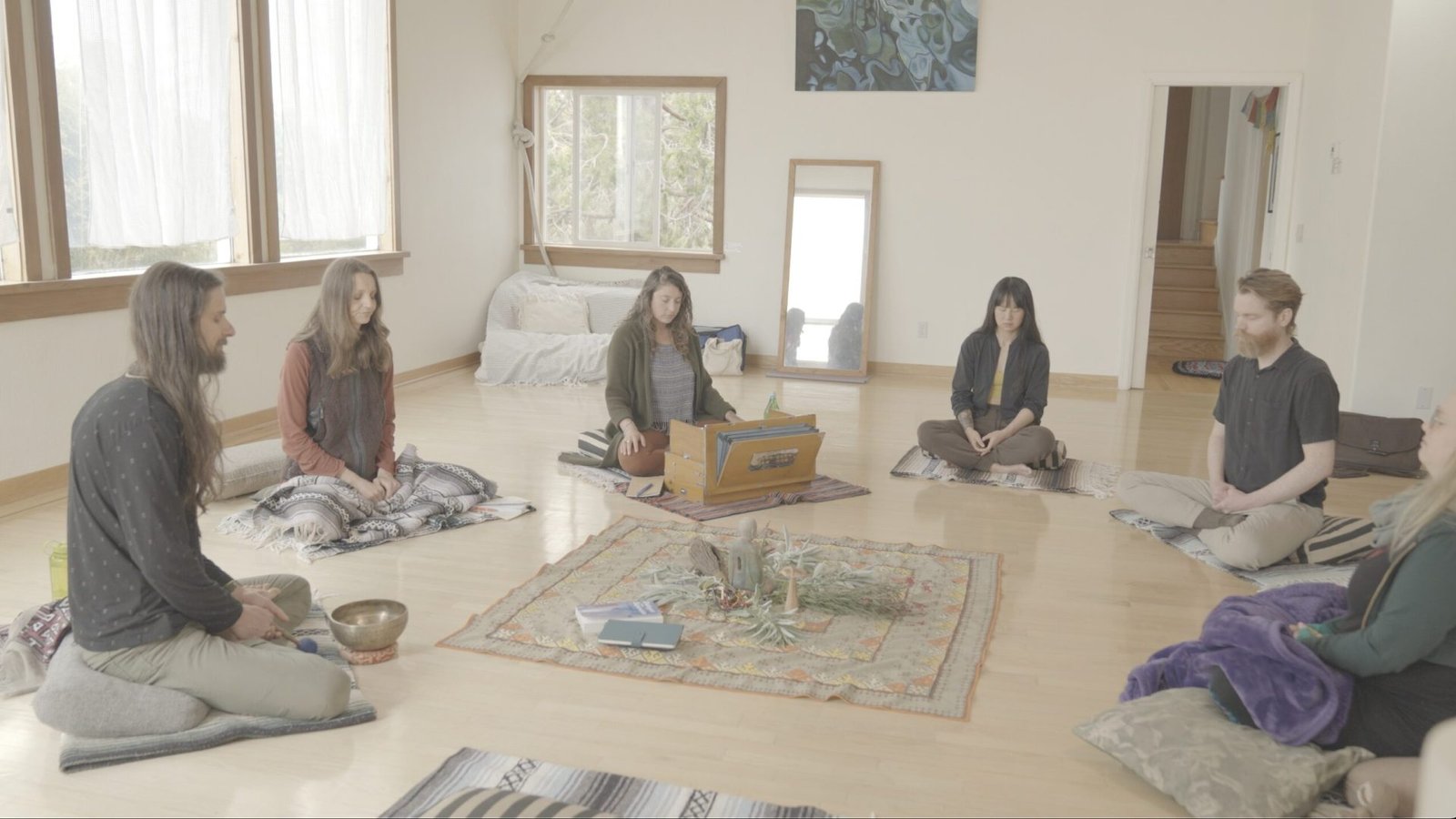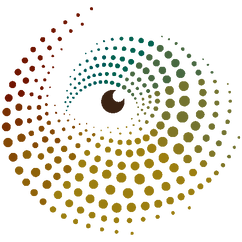How We Work: Our Approach to Therapy

Experiential
Our primary mode of therapy is experiential. This means that we invite our clients to encounter their obstacles less from a theoretical perspective, and more from one of in-the-moment experience. We build the psychotherapeutic process around the art of evoking and examining the experiences that shed light on the person’s habitual ways of thinking and behaving, as well as on the origins of these patterns.
Mindfulness-based
Mindfulness can be understood as a special state of consciousness characterized by paying attention on purpose and without judgment to the unfolding of experience moment by moment. Mindfulness practices come primarily from Eastern religious traditions and can be practiced in that context, but in psychotherapy, we employ mindfulness to facilitate the curious exploration of unconscious processes. With the guidance of the therapist, mindfulness allows clients to make discoveries about themselves that they would not be able to make otherwise. Mindfulness allows us to interrupt habitual reactions, see what is happening, and perceive other possibilities for how to respond in the moment. What we are aware of gives us choice, and choice ultimately brings freedom.
Body-oriented
Being aware of and using the body in psychotherapy is closely connected to the experiential aspect of our work. The body is the place where emotions and feelings are experienced, as well as where the unconscious often first shows us signs of emerging content on a sensing level. It is the place in the here and now where our habitual patterns can be observed and directly experienced, rather than merely talked about. Bodily experience is also deeply rooted in the precognitive, nonverbal, and implicit realms of memory, and thus sheds light on how we learned to respond to the world as we got to know it early in life. We believe that the body has an innate healing intelligence, that if trusted, has the capacity to heal beyond the mind. We follow the body-oriented impulses to guide the therapy towards resolution and completion.
Psychodynamic
The psychodynamic tradition maintains that there are dynamic unconscious processes rooted in the individual development that shape our experiences and behavior. These processes are believed to be partly accessible to consciousness, where they can be explored and influenced. Just making them conscious is already a step toward healing and freedom from the ties of powerful forces shaped by the individual development process.
We believe that the early environment provides formative experiences that determine one’s understanding of the world and of oneself. A child starts to create implicit models of the world from the start. These implicit beliefs are held outside consciousness in implicit memory as patterns of somatic and emotional processes that are used habitually. This material is often the focus of attention within the therapeutic session.
